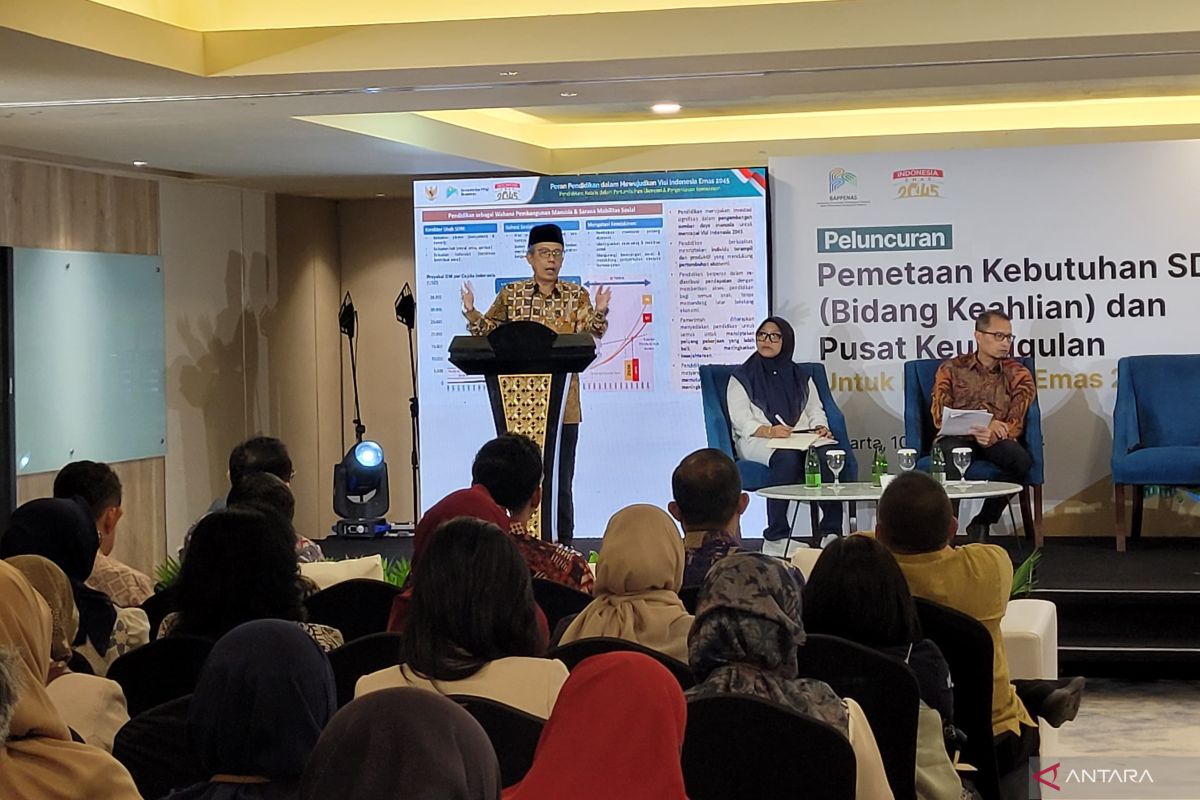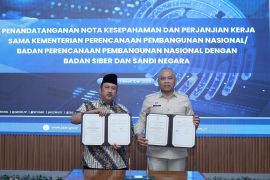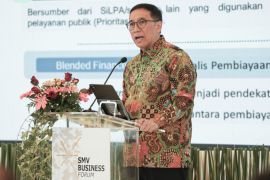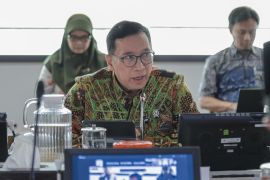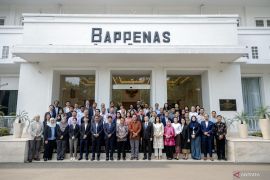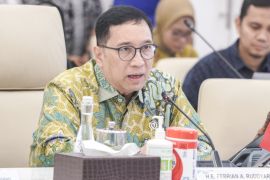Jakarta (ANTARA) - The National Development Planning Ministry/National Development Planning Agency (KPPN/Bappenas) has asked universities to map study programs that suit their needs to ensure no field of study has an excess or shortage of human resources (HR).Deputy for human development, society, and culture at the ministry, Amich Alhumami, said here on Tuesday that in recent years, the country has been increasing the proportion of study programs in the fields of science, technology, engineering, and mathematics (STEM).
This is aimed at meeting the needs of the hard sciences sector in Indonesia, where human resources are currently considered to be minimal. This fulfillment, he said, could be encouraged by implementing a temporary suspension or moratorium on science majors considered to produce too many graduates.
"For example, for education science, did you know that education science graduates in one year can reach between 250 thousand–300 thousand? So do other social sciences," he highlighted.
However, Alhumami added that the moratorium must not apply to other social science and humanities majors that are considered rare, such as archaeology or regional literature.
Baca juga: Kesepakatan COP29 momentum luar biasa bagi negara berkembang
"We provide protection to rare social humanities majors such as archaeology, history, or perhaps regional literature, any literature including philology. It is given protection because it is a rare science and not too popular, but it is important," he explained.
He said that the opening or closing of study programs, in keeping with the needs of the country and adjusting to the needs of the job market and economic dynamics, is normal in various countries.
Therefore, he asked universities in Indonesia to add STEM majors because human resource investment in the STEM field is currently necessary, given that the main infrastructure for the country's development is science and technology-based research and innovation.
Baca juga: Transformasi ekonomi jadi kunci akselerasi pertumbuhan
The addition of human resources in the STEM field could also improve Indonesia's Programme for International Student Assessment (PISA) score. In 2022, Indonesia ranked 69th in the world and 6th in ASEAN in PISA assessment.
"Therefore, by producing more STEM expertise or graduates, this will slowly increase the number of research scientists for improving PISA scores," Alhumami said.
Pewarta : Sean Filo Muhamad, Katriana
Editor:
I Komang Suparta
COPYRIGHT © ANTARA 2026
